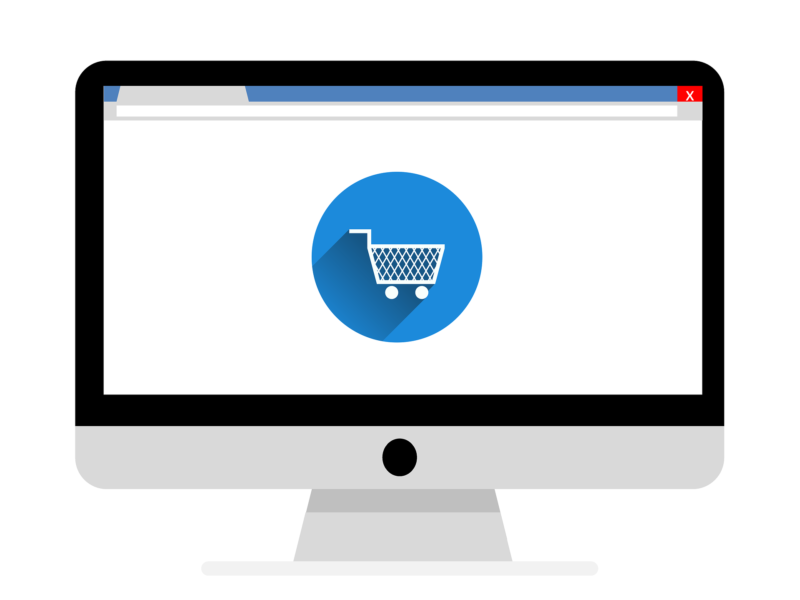
The COVID-19 pandemic is impacting people across the world in their homes, in their offices, and in their wallets. With political turmoil, market uncertainty, and a general sense of fear at the forefront of many American’s minds – we at 7 Mile are consistently being asked the questions, “what does this mean for your business” and “what does this mean for my business.”
While we don’t have a hidden Magic 8-Ball and we can’t predict the future, we do have the opportunity to interact with a variety of lenders, investors, business owners and operators, and fellow bankers. Through these daily interactions, coupled with decades of experience in our respective industry verticals, we feel informed and educated in a way that many may not.
Over the next few weeks our team will outline the answers to those two key previously mentioned questions through a blog series that speaks to each of our industry verticals, and the anticipated impact of COVID-19. We will start the series with a spotlight on the Consumer ecosystem and welcome feedback and questions as we continue through the series.
The Consumer Ecosystem and the Impact of COVID-19
We anticipate the consumer ecosystem being most impacted in two key areas: e-commerce and supply chain.
E-Commerce
As we are all aware, the past decade has seen a large shift in consumer buying habits as millennials move much of their spending from traditional brick and mortar to online. With many Americans now confined to their homes, or hesitant (or unable due to state by state regulations) to visit big box retailers, the choice they once made between traditional shopping and online shopping is no longer a choice at all. The new environment many consumers are finding themselves in will force those who have not adopted e-commerce to trial it, and force those who have adopted to expand their utilization.

Businesses who develop and manage e-commerce strategies, primarily digital agencies and custom app developers who are implementing the strategy, will likely find their services in demand as retailers shift their focus to online retail and the virtual customer. The buying behavior of consumers in isolation will organically drive demand, giving these traditional retailers an opportunity to expand into underserved e-commerce verticals and increase their share of wallet.
From the lens of M&A, expect to see frothiness in the e-commerce space due to these changes as larger digital agencies, IT services firms, and retailers look to acquire additional capabilities. Existing e-commerce platforms will become more interesting to prospective buyers, especially those serving into larger markets which are expected to better weather the storm. We expect this will include implementation, support, and technology partners of enterprise e-commerce software platforms like Adobe Magento, Shopify, Salesforce Commerce Cloud / Demandware, SAP Hybris, and Oracle Commerce Cloud.
Supply Chain
The second area we anticipate change is around supply chains. Many business operators with international supply chains found themselves exposed – either with elongated or concentrated supply chain operations. Look no further than the shortage of personal protective equipment (PPE) to make the point. These supply chains are highly concentrated overseas and were not nimble, enough to react to a quick spike in demand. We anticipate business operators shifting to a stronger balance of domestic, nearshore, and offshore manufacturing and warehousing to have more certainty and continuity, even if it impacts margins.

This exposure, and subsequent shift in risk profile, will make domestic contract manufacturers more valuable to large retailers and manufacturers – if they can scale quickly. Businesses who serve into these supply chains who are nimble and technology driven will be interesting to buyers across the ecosystem.
“In both areas, e-commerce and supply chain, the current situation will create near term opportunities and more importantly, long term shifts that will endure well into the future,” says Mark Landry, Managing Director.
The political and economic climates are changing day by day, as we continue to learn and adapt, we ask that anyone who is asking themselves similar questions reach out. Our team may be working remotely, but we are very much engaged and welcome continued conversations on this topic or others. Please reach out to Mark Landry (mark@7mileadvisors.com) or Ariail Barker (ariail@7mileadvisors.com) with questions.
This blog was created in tandem by Mark Landry and Ariail Barker.

About 7 Mile Advisors
7 Mile Advisors provides Investment Banking & Advisory Services to the Business Services & Technology Industries globally. 7 Mile Advisors advises on M&A and private capital transactions, and provides market assessments and benchmarking. As a close-knit team with a long history together and a laser focus on our target markets, 7 Mile Advisors helps its clients sell companies, raise capital, grow through acquisitions, and evaluate new markets. For more information, including research on the M&A markets, visit www.7mileadvisors.com.
